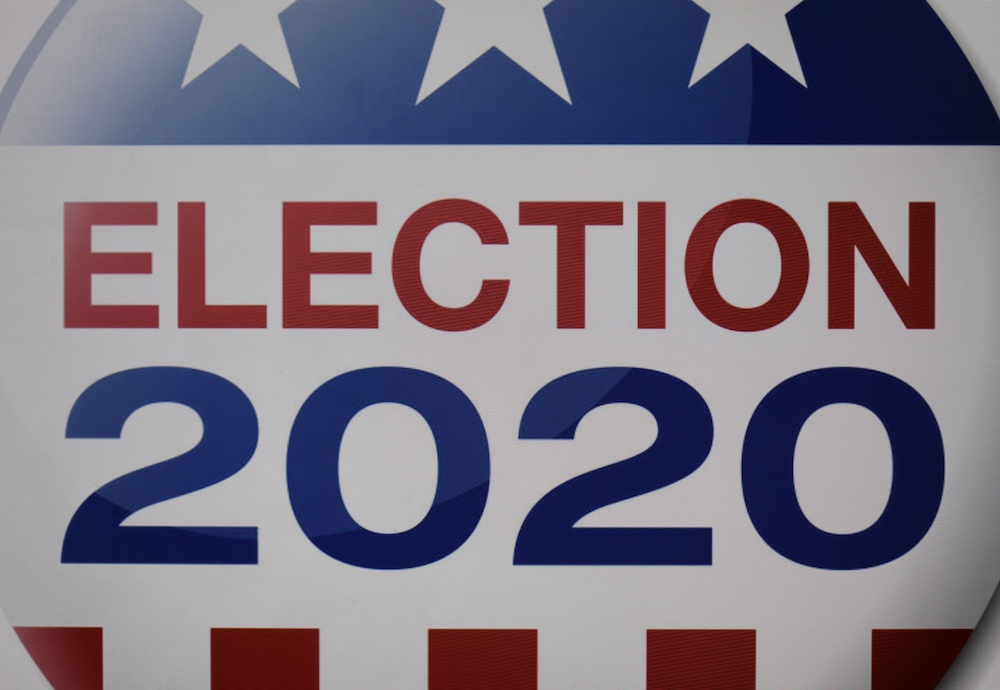After the Election, Has Political Polling Lost Its Credibility?
By Greg Beaubien
November-December 2020
As pundits and politicians continue to assess this year’s presidential race, one clear loser emerged on Election Day: the political polling business, as Yahoo! News reported.
For the second consecutive presidential election, polls underestimated the Republican Party’s strength. In some states, Democratic contender Joe Biden will win the Electoral College with much slimmer margins than polls suggested. And other states that seemed competitive, like Florida and Texas, easily went to President Donald Trump. In addition, the widely predicted “blue wave” of new Democratic seats didn’t sweep into Congress.
“When polls go bad, when polls mislead, they do so in different ways,” W. Joseph Campbell, a professor of communication at American University and author of “Lost in a Gallup: Polling Failure in U.S. Presidential Elections,” told CNBC. “No two polling failures are quite alike and I think that held in this year. 2020 is not the same kind of polling surprise as it was in 2016.”
After Trump’s victory in 2016, pollsters wondered how they had underestimated his odds so badly. Heading into 2020, they said their methods had improved and this year’s polls would be more accurate. Now, after getting it wrong twice in a row, “The political polling profession is done,” Republican pollster Frank Luntz told Axios.
Pollsters say they hope to better under- stand who is being left out of polls and how they might better be able to reach those people in the future. Spencer Kimball, polling director at Emerson College, told CNBC that he has experimented with different ways of reaching voters as landlines become rarer.
In 2020, his methods included online surveys and text messages. Expanding the uni- verse of people who pollsters can reach makes it more likely that they will capture a wider array of voters, he said.
Other critics point to the media’s relationship with polls. Rather than emphasize the inherent uncertainty, news organizations often give audiences the false impression that polls are solid predictors of who will win — an illusion that makes some people less likely to vote. But the industry’s defenders argue that, despite their flaws, polls remain the best way to gauge public opinion.



